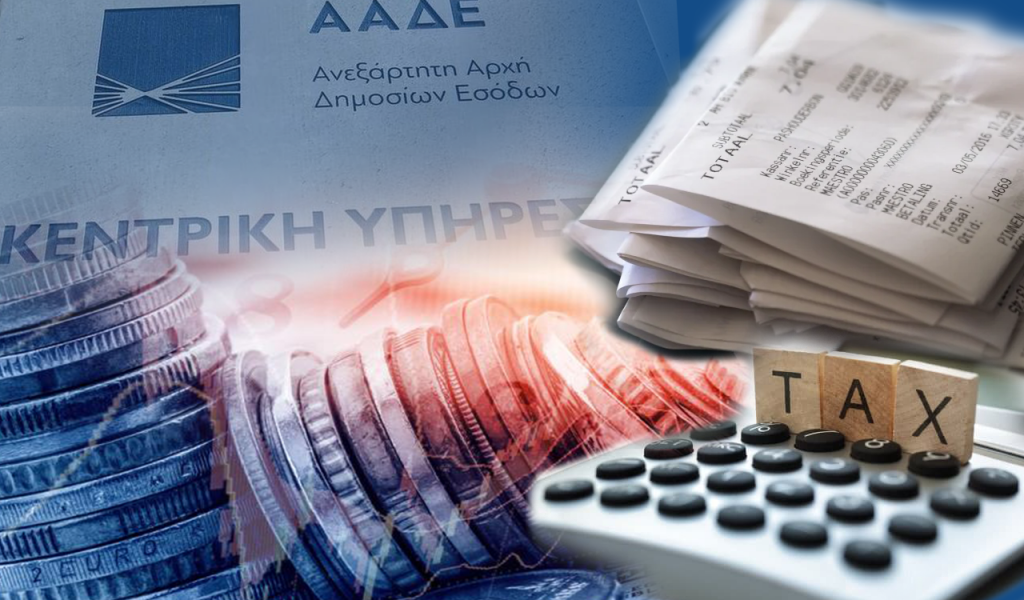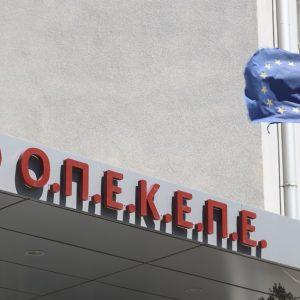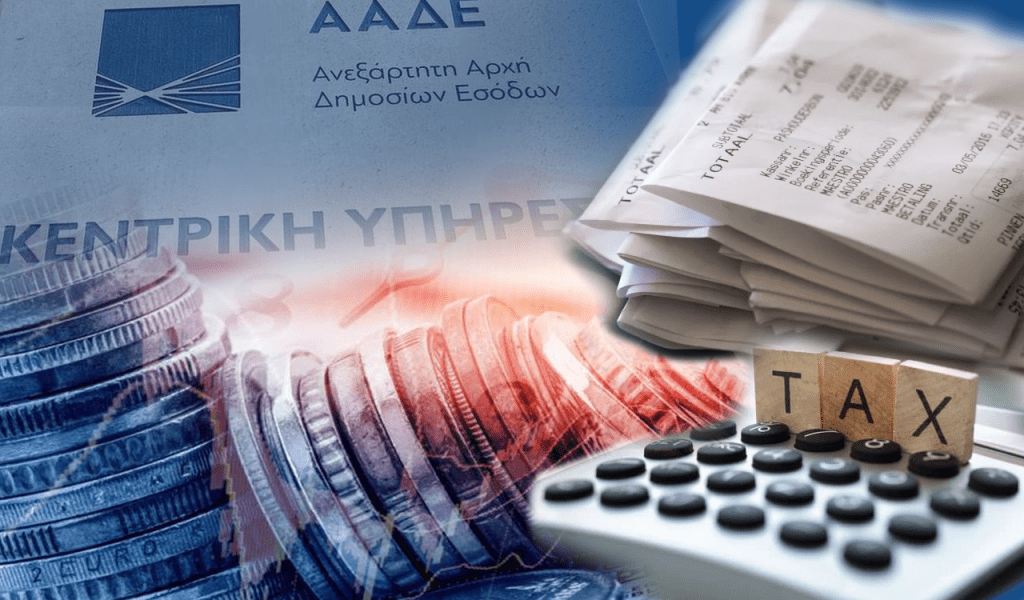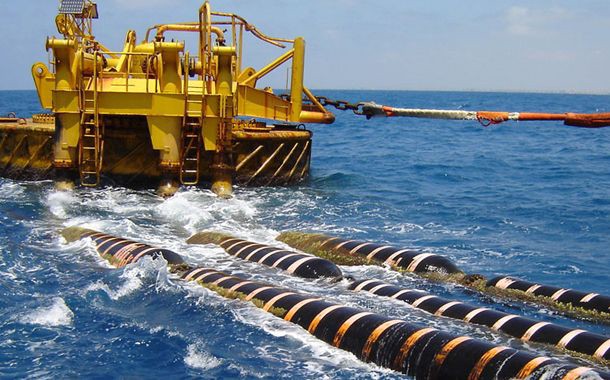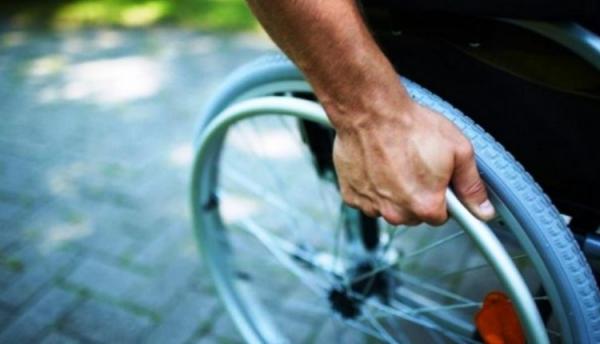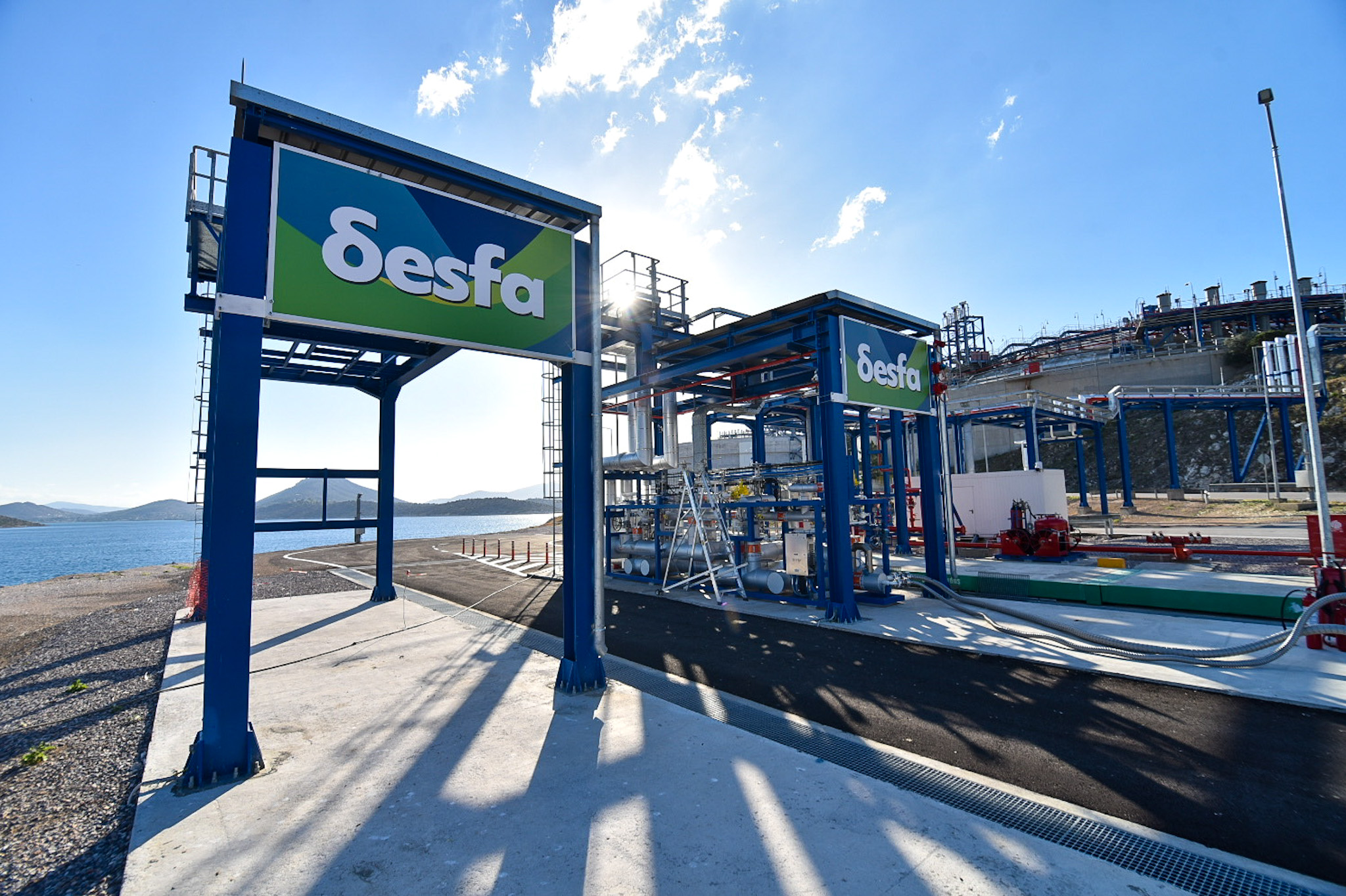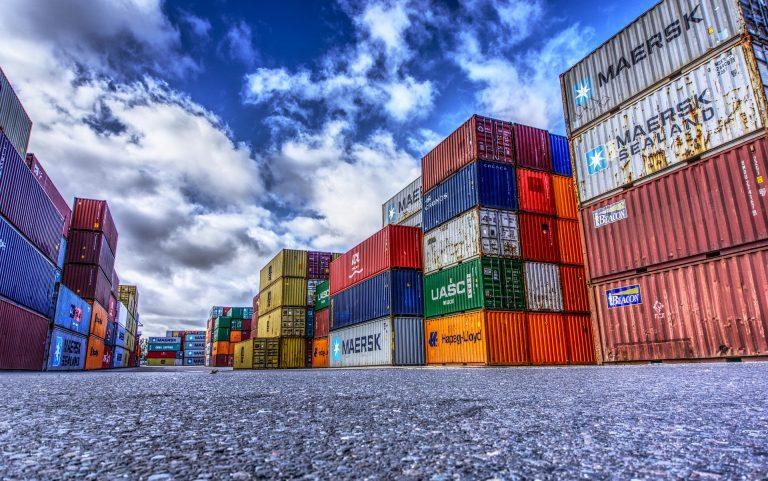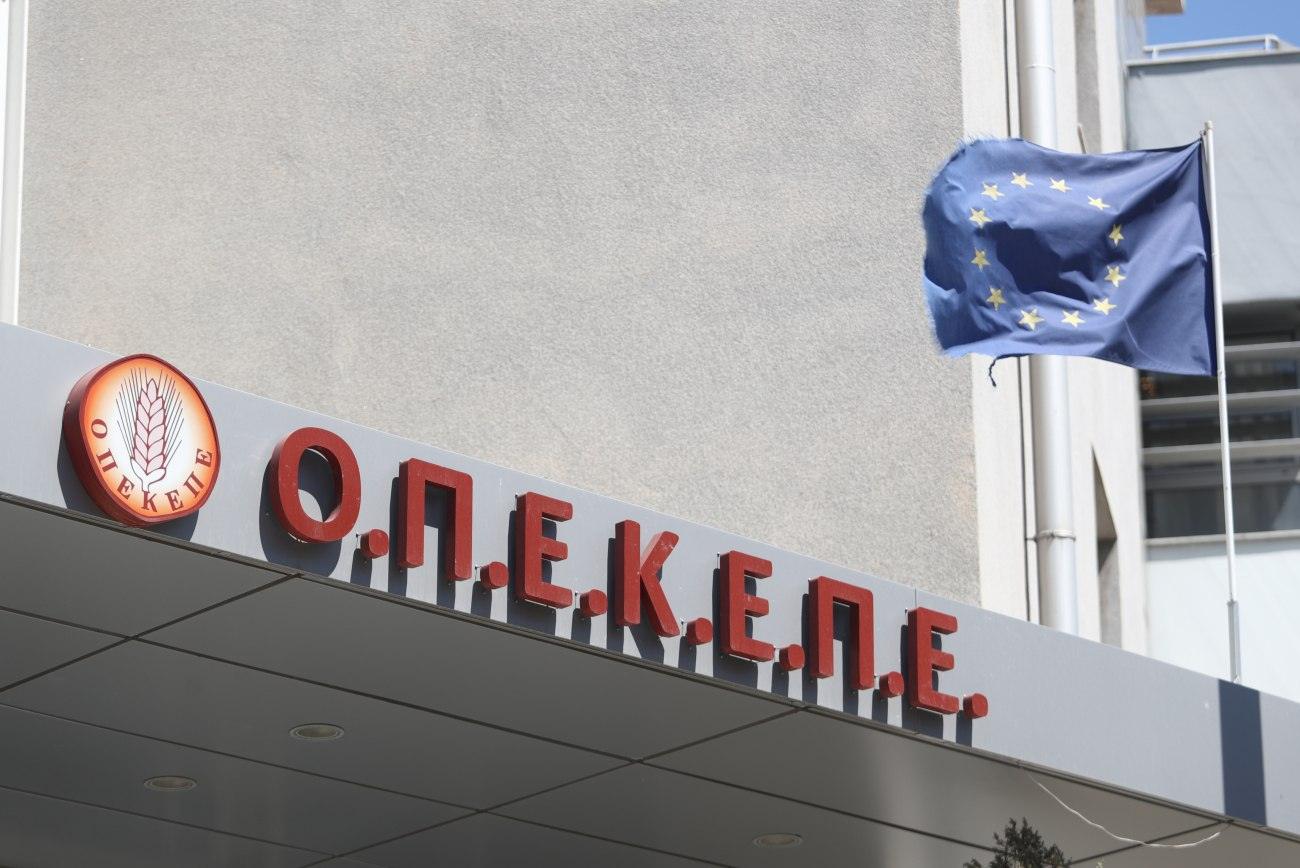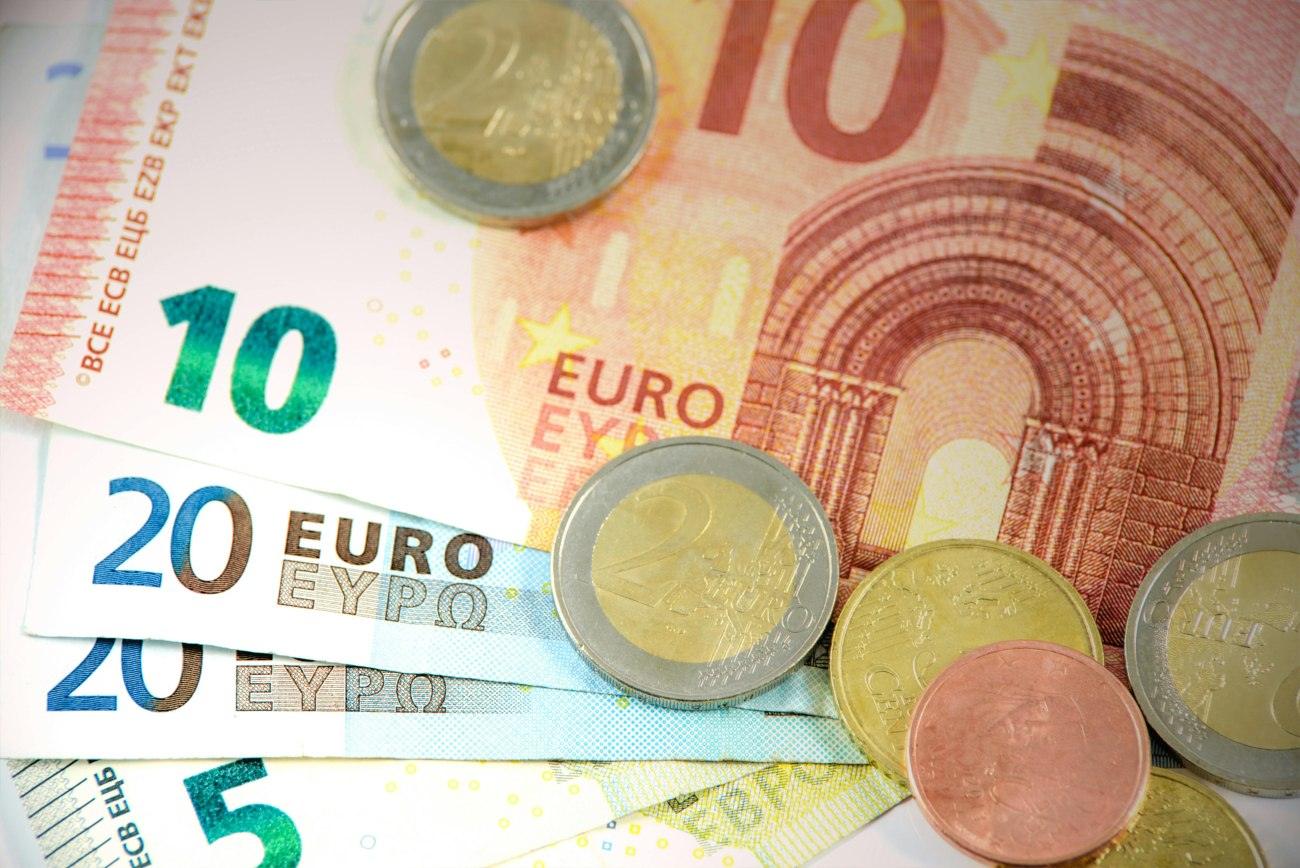The “hot potato” of high VAT rates and excise taxes, which burden consumers with many billions of euros each year, is called upon to be managed by the next government amid inflation but also fiscal risks, as a large loss of revenue from a possible reduction in rates should be covered by other equivalent measures.
However, no one can dispute the fact that indirect taxes are clearly more unfair compared to direct taxes. For example, when someone buys a product that is subject to a VAT rate of 24%, the seller does not examine his tax return to charge him proportionally with the specific indirect tax, but collects on the selling price an amount that is the same for someone who can declare 500 euros to the tax office as much as for the one who declares 100,000 euros.
Excise taxes
The same is the case with the Excise Taxes on fuel, beverages and cigarettes, which together with the VAT constitute almost all of the indirect taxes that the state collects each year and amount to a total of approximately 28.5 billion euros, i.e. 52% of the total revenue of the state from taxes, which in 2022 amounted to 54.7 billion euros according to the data of the Independent Public Revenue Authority.
Indirect taxes have historically largely covered the inability of each government to identify and fairly tax the real incomes of citizens and businesses. Because if the state’s revenues could be secured from direct taxes then there would be no need to impose indirect taxes. But nowhere on the planet is there only direct taxation. Everywhere there is a combination of direct and indirect taxation. It’s just that the financial staffs of governments around the world are looking for that formula where the ratio of direct – indirect taxes will be in favor of the former.
The final price
On the other hand, if the high rates of VAT and Special Consumption Taxes are reduced at some point, this reduction should be passed on to the final price borne by the consumer and not to the company that sells products or offers services.
In Greece, however, there is the paradox that indirect taxes have indeed increased significantly during the years of the memoranda, with the high VAT rate at 24% and Excise Taxes – especially on fuel – being among the highest in Europe and when a effort to reduce them so that this is not passed on to the final consumer. After all, this is also the argument of New Democracy and its leader Mr. Kyriakos Mitsotakis under fire from the opposition because he did not reduce the VAT rate on food as Spain, Portugal and finally Cyprus did.
Tax evasion
On the other hand, it is well known that the higher the tax rates in indirect taxes, the greater the tax evasion observed. With 24% VAT, the “both with receipt and without receipt” haggling give and takes where there is a possibility of not issuing a receipt. In the Special Consumption Taxes, when there are increased rates, the smuggling of fuel, cigarettes and drinks flourishes with a huge loss of revenue for the state.
Based on all of the above, the state should always find the golden ratio between the tax rates it imposes, the revenues it collects, the burdens borne by households and of course the smuggling and underground economy they create.
Equivalent measures
Also, for any reduction in tax rates, whether they concern VAT, Excise Taxes or Income Taxes, the next government should find equivalent measures so that the smooth execution of the budget and the target for primary surpluses are not at risk.
New Democracy responding to the proposal of SYRIZA and PASOK to reduce the VAT rates on food and to make them zero for specific categories of products said that this cannot be done on the one hand because it estimates that this reduction will not be passed on to the final consumer and on the other hand the fiscal cost will be huge and other measures will have to be imposed to cover the loss of revenue.
On the other hand, opposition parties say that the large increase in VAT revenue is precisely because the rates remain high and that these excess revenues are an additional tax on citizens. New Democracy, for its part, replies that the increase in revenue is due to the growth of the economy and increased demand, not overtaxation.
Back to earth
The numbers, however, are revealing as they are analyzed by the Independent Public Revenue Authority in the accounting report for the years 2021-2022. Last year the state collected 21.43 billion euros in VAT revenue (4 billion euros more compared to 2021) and 2.7 billion euros more compared to the target set for the whole of last year. Also, last year the Greek government collected approximately 7 billion euros from Special Consumption Taxes of all categories (324 million euros more than in 2021), while last year it collected 11 billion euros (+ 882 million euros) from Personal Income Taxes . euros compared to 2021) and from legal entities 4.6 billion euros (+ 1.25 billion euros compared to 2021). Revenues from VAT to tax authorities in 2022 were €13.9 billion, up 19.41% and from Customs VAT €7.5 billion, up 30% compared to 2021.
